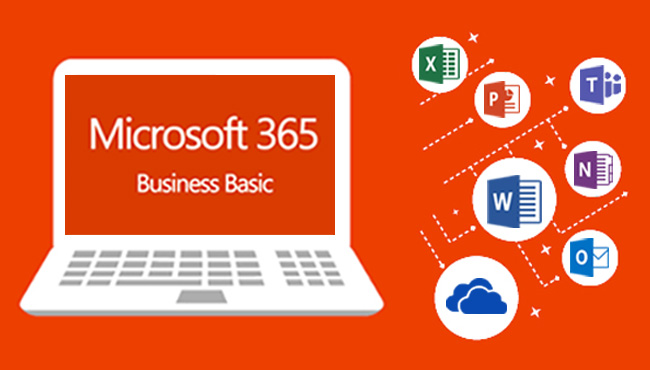In today’s competitive business landscape, small and medium-sized businesses (SMBs) in Singapore are constantly seeking ways to enhance their operations, increase productivity, and stay ahead of the curve. Embracing the right IT tools and software can be a game-changer, enabling SMBs to streamline processes, manage tasks more effectively, and ultimately drive growth. In this article, we delve into the world of IT tools and software that can significantly boost efficiency for SMBs in Singapore.
1. Project Management Tools: Keeping Projects on Track
Efficient project management is crucial for SMBs aiming to deliver results on time and within budget. Tools like Trello, Asana, and Monday.com provide a centralized platform to manage tasks, track progress, allocate resources, and facilitate communication among team members. These platforms help teams collaborate seamlessly, prioritize tasks, and ensure everyone is on the same page, enhancing overall project efficiency.
2. CRM Systems: Nurturing Customer Relationships
Customer relationship management (CRM) software is a must-have for SMBs looking to build strong customer connections. Solutions like HubSpot, Zoho CRM, and Salesforce offer features for managing leads, tracking interactions, automating follow-ups, and analyzing customer data. By centralizing customer information and communication history, SMBs can personalize interactions, improve customer satisfaction, and drive sales growth.
3. Communication Platforms: Enhancing Collaboration
Effective communication lies at the heart of any successful SMB. Platforms like Slack, Microsoft Teams, and Google Workspace (formerly G Suite) enable real-time communication, file sharing, and collaboration among team members, whether they’re in the same office or working remotely. These tools eliminate email overload, encourage quick decision-making, and foster a culture of seamless collaboration.
4. Accounting Software: Simplifying Financial Management
Managing finances efficiently is essential for SMBs to thrive. Accounting software such as QuickBooks, Xero, and Wave helps automate financial processes, track expenses, generate invoices, and manage payroll. By reducing manual tasks and providing accurate financial insights, these tools enable SMBs to make informed decisions and maintain healthy financial practices.
5. E-Commerce Platforms: Expanding Online Presence
For SMBs looking to tap into the digital market, e-commerce platforms like Shopify and WooCommerce provide the tools to set up online stores, manage inventory, process transactions, and offer personalized shopping experiences. These platforms empower SMBs to reach a wider audience, enhance customer engagement, and increase revenue streams.
6. HR Management Software: Streamlining Workforce Operations
Managing human resources efficiently is vital for SMBs that seek to create a motivated and productive workforce. HR management software such as BambooHR and Gusto help automate employee onboarding, track performance, manage leave requests, and ensure compliance with employment regulations. These tools enable SMBs to focus on employee engagement and development.
7. Data Analytics Tools: Gaining Insights for Growth
Data-driven insights are invaluable for informed decision-making. Tools like Google Analytics and Tableau offer SMBs the ability to analyze website traffic, customer behavior, and sales trends. By harnessing data analytics, SMBs can optimize marketing strategies, identify areas for improvement, and drive business growth.
In conclusion, the right IT tools and software can serve as catalysts for efficiency, growth, and success for SMBs in Singapore. Whether it’s project management, customer relationship management, communication, finance, e-commerce, HR, or data analytics, there’s a tool tailored to meet each specific need. By harnessing these tools, SMBs can streamline operations, manage tasks effectively, and ultimately position themselves for a competitive advantage in the dynamic business landscape of Singapore.







